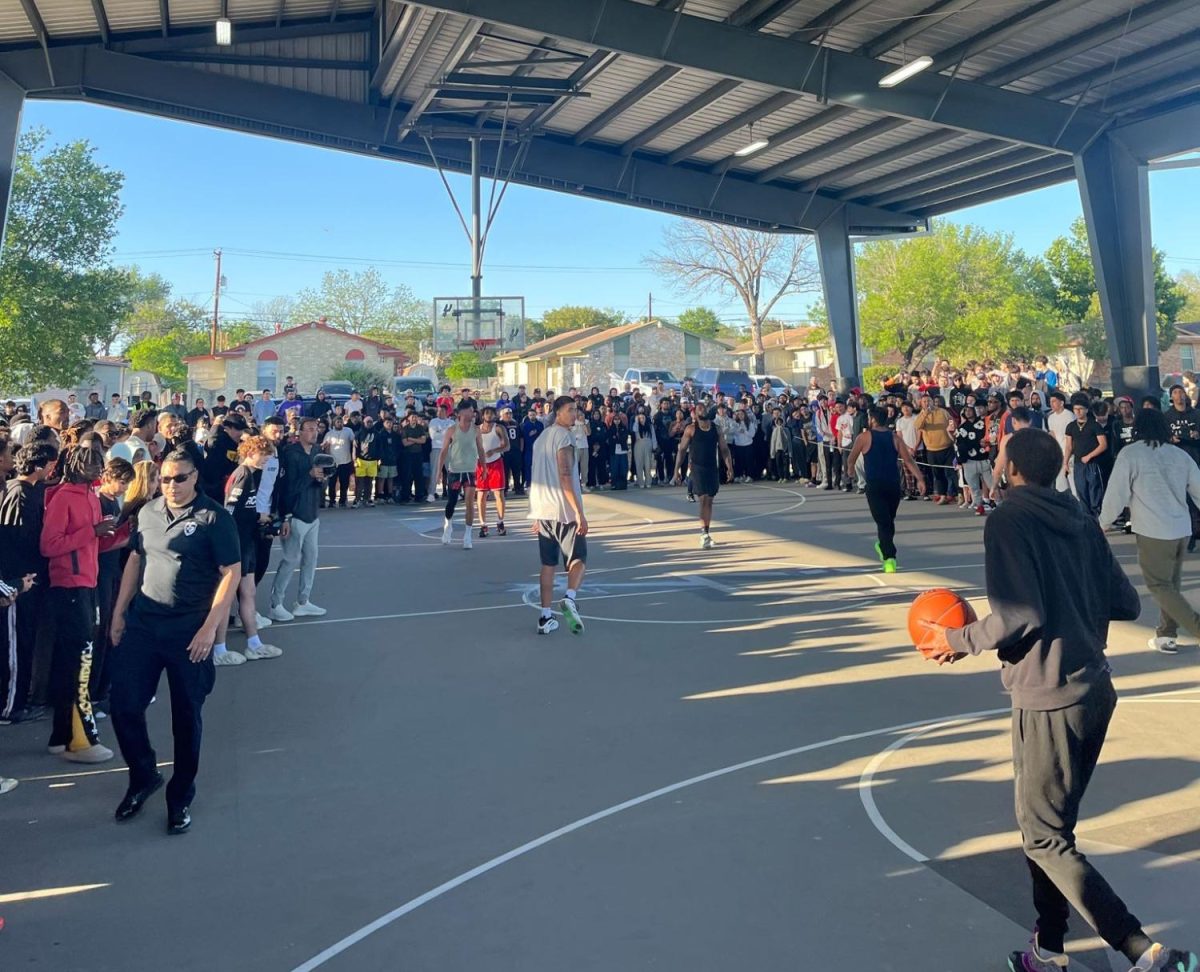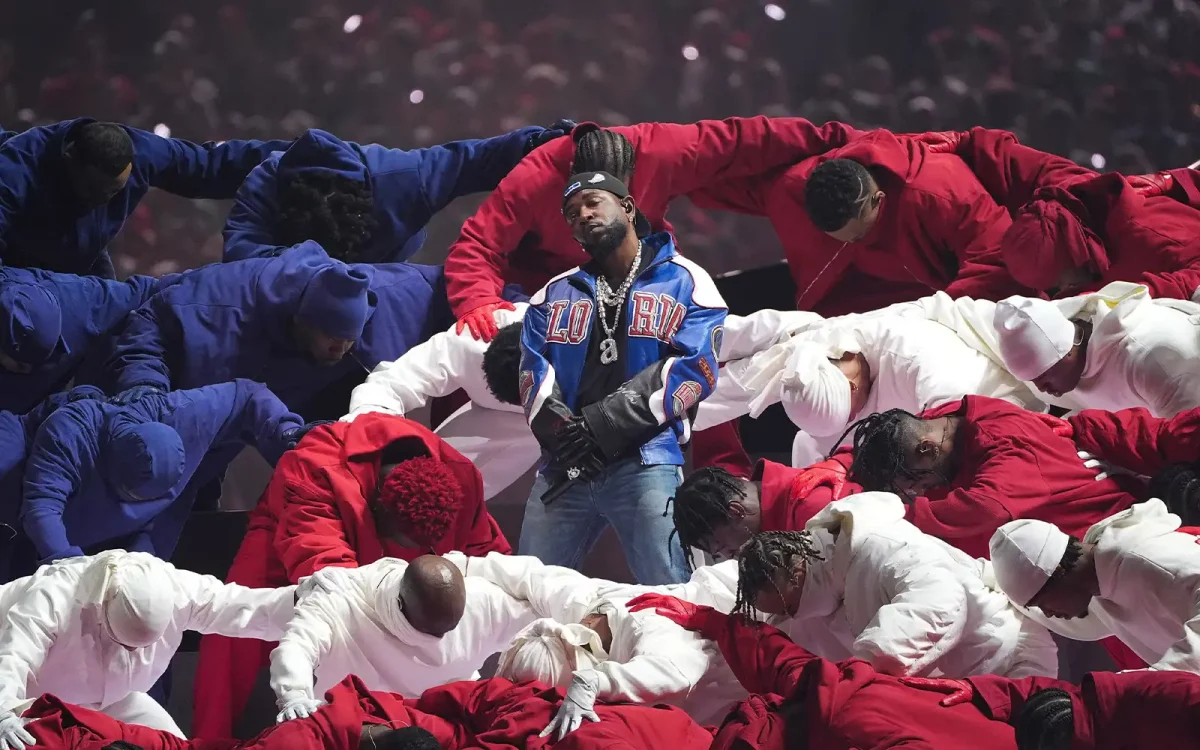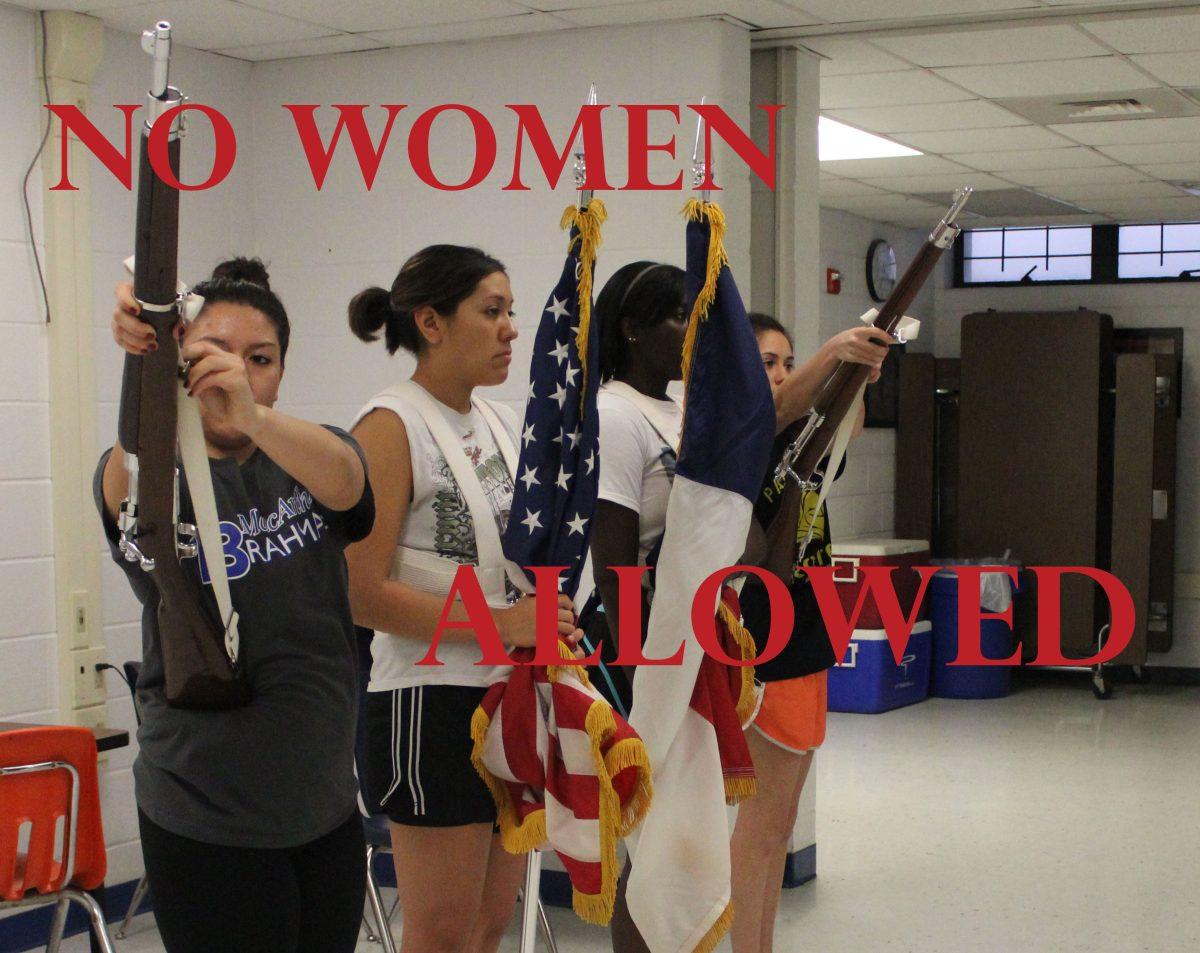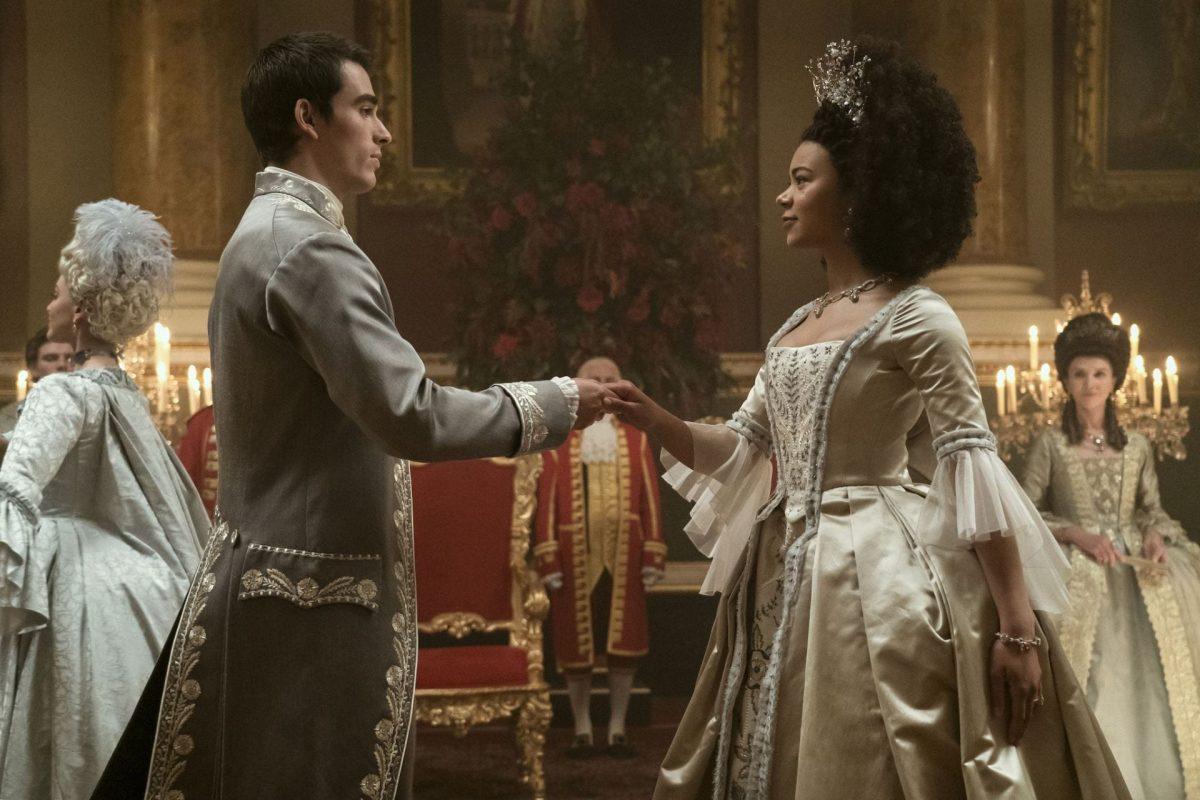I thought men and women were equal. Sex defines the biological barriers between men and women and set the standards for the first, second, and third feminist movement. Sex shouldn’t be that important in society, however laws and rules are still in place that create economic and social advantages to men over women. The most controversial law was the ban on women serving on the front lines of warfare. Women (and I speak collectively) still put up with pay inequalities and patriarchial standards that keep women “in the kitchen”.
However, women who want to serve their country in armed combat couldn’t before January 23, 2013; the Pentagon-sanctioned ban on women serving in armed combat had been in effect since 1994, when the Joint Chiefs of Staff enacted it. The concern was the ability for women to maintain a sufficient stamina and strength while serving overseas in war zones like Afghanistan and Syria.
Who knew there was a ban on women in the first place? Personally, I thought that since women of all shapes and sizes had the right to vote once entering adulthood, we (women) were completely equal to men. I thought the 19th Amendment broke the barrier between sex and opportunity!
I was wrong.
“Women weren’t allowed to serve because fighting a war is seen as a ‘man’s job’,” freshman Ashley Elliston said.

Students, many of whom are not even old enough to register for the draft or enter the armed forces, also thought wrong. The student body has focused on this hot topic since outgoing Defense Secretary Leon Panetta announced his repeal on the Pentagon-sanctioned ban. However, have students begun thinking realistically about what hardship women would go through on the battle field? Just days after the repeal was announced, students have support for the idea of equal rights on the battlefield.
“Women wanted equal rights, and when women want to serve equally with men, there should be no reason to stop them from serving their country and fighting terrorism,” freshman Terrance Litters said.
Surprisingly men believe too that women would not hinder the efforts of fighting a war. The main concern for placing the ban on women was that it could potentially hinder the strength of the armed forces. Fighting in the armed forces isn’t necessarily a “man’s job”, yet it is definitely different from the 1950s Betty Crocker-role of a woman.
Who would want a woman on the battlefield? It seems plausible that humans filled with hormones and a lack of upper body strength might be on the bench while the “real men” are out fighting.
Some say that a woman’s aggression and emotional standpoint will actually lend better judgement to fighting on the field.
“If women are willing to put themselves at risk and overcome physical and mental boundaries, then I don’t understand why they should be restrained from fighting,” freshman Miranda Suarez said. “I’m glad that (the government) repealed the ban.”
However, the strong support from the Y-chromosome side of the population does come with some concerns.
“I think it’s great that the military thinks of women as equal to men, but you always hear on the news about how women are raped and taken advantage of overseas,” junior Brandon Botello said. “It’s unfortunate but it happens a lot. I think that women need to be concerned about what they are getting themselves into.”
Of course it’s a genuine concern to think that women may be taken advantaged of or be placed in unfortunate conditions.
“It’s beneficial to have women serving with men, but I don’t think it will grow America’s army as much as everyone think it will,” freshman Rabic Rehman said. “America is trying to become a world power.”
The cliche “only time will tell” might be the only way to sit tight and wait to see if the Defense Secretary’s repeal will be effective.
























